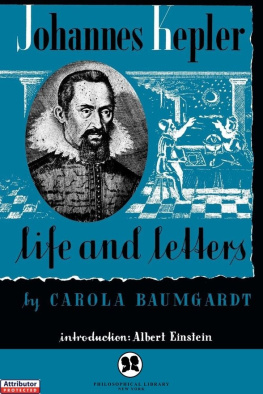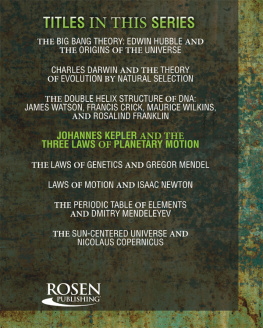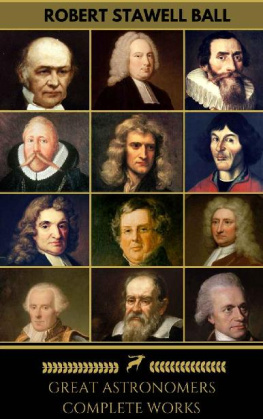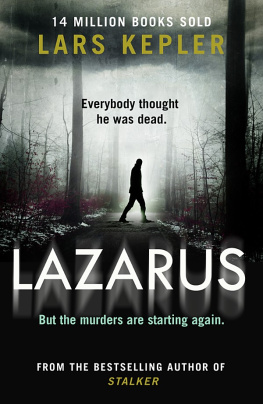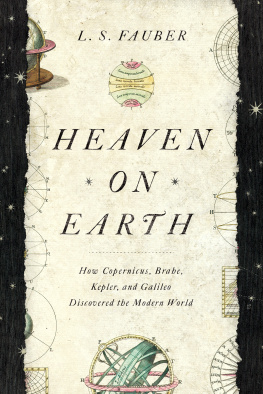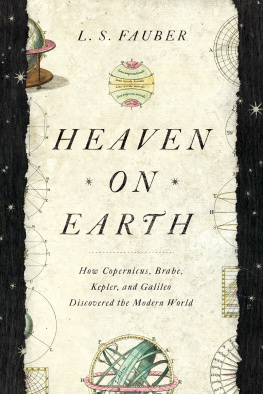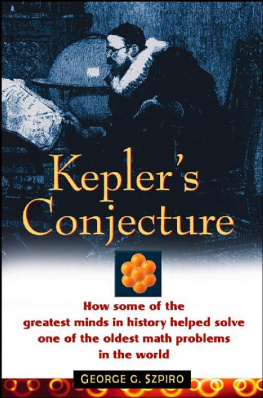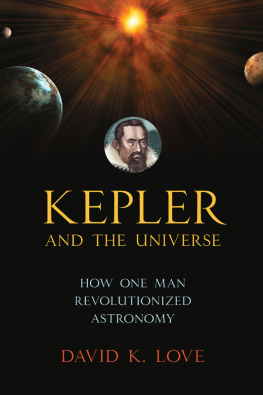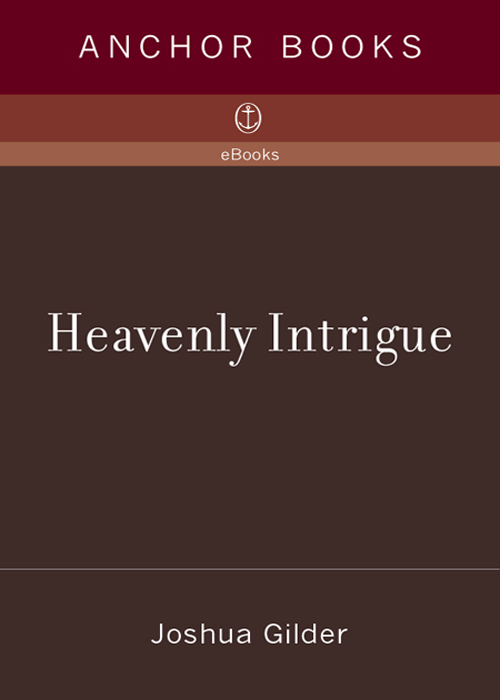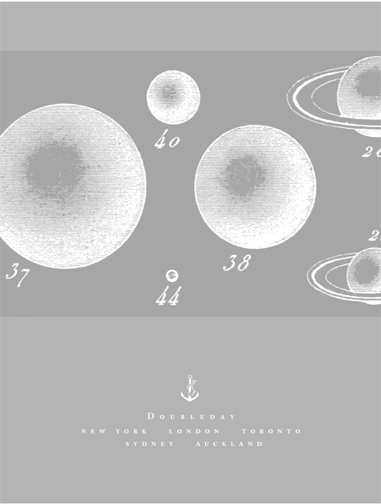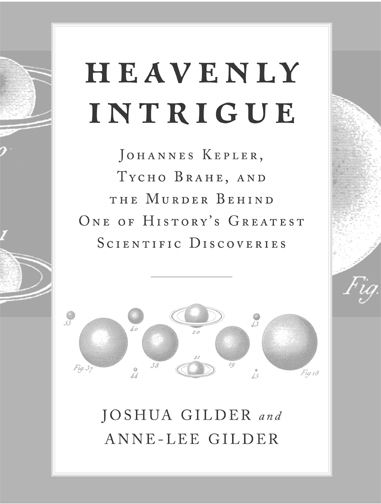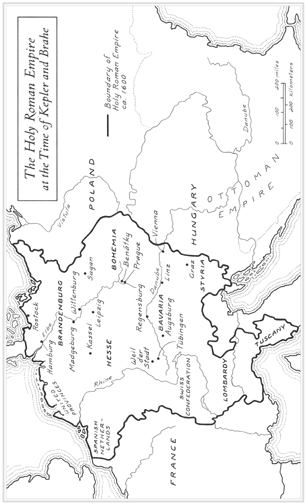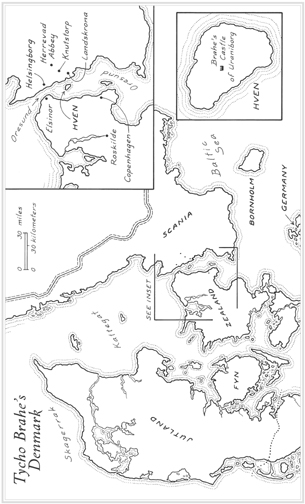Joshua Gilder - Heavenly Intrigue: Johannes Kepler, Tycho Brahe, and the Murder Behind One of History’s Greatest Scientific Discoveries
Here you can read online Joshua Gilder - Heavenly Intrigue: Johannes Kepler, Tycho Brahe, and the Murder Behind One of History’s Greatest Scientific Discoveries full text of the book (entire story) in english for free. Download pdf and epub, get meaning, cover and reviews about this ebook. year: 2004, publisher: Doubleday, genre: Non-fiction. Description of the work, (preface) as well as reviews are available. Best literature library LitArk.com created for fans of good reading and offers a wide selection of genres:
Romance novel
Science fiction
Adventure
Detective
Science
History
Home and family
Prose
Art
Politics
Computer
Non-fiction
Religion
Business
Children
Humor
Choose a favorite category and find really read worthwhile books. Enjoy immersion in the world of imagination, feel the emotions of the characters or learn something new for yourself, make an fascinating discovery.

- Book:Heavenly Intrigue: Johannes Kepler, Tycho Brahe, and the Murder Behind One of History’s Greatest Scientific Discoveries
- Author:
- Publisher:Doubleday
- Genre:
- Year:2004
- Rating:3 / 5
- Favourites:Add to favourites
- Your mark:
Heavenly Intrigue: Johannes Kepler, Tycho Brahe, and the Murder Behind One of History’s Greatest Scientific Discoveries: summary, description and annotation
We offer to read an annotation, description, summary or preface (depends on what the author of the book "Heavenly Intrigue: Johannes Kepler, Tycho Brahe, and the Murder Behind One of History’s Greatest Scientific Discoveries" wrote himself). If you haven't found the necessary information about the book — write in the comments, we will try to find it.
Johannes Kepler changed forever our understanding of the universe with his three laws of planetary motion. He demolished the ancient model of planets moving in circular orbits and laid the foundation for the universal law of gravitation, setting physics on the course of revelation it follows to this day. Kepler was one of the greatest astronomers of all time. Yet if it hadnt been for the now lesser-known Tycho Brahe, the man for whom Kepler apprenticed, Kepler would be a mere footnote in todays science books. Brahe was the Imperial Mathematician at the court of the Holy Roman Emperor in Prague and the most famous astronomer of his era. He was one of the first great systematic empirical scientists and one of the earliest founders of the modern scientific method. His forty years of planetary observationsan unparalleled treasure of empirical datacontained the key to Keplers historic breakthrough. But those observations would become available to Kepler only after Brahes death. This groundbreaking history portrays the turbulent collaboration between these two astronomers at the turn of the seventeenth century and their shattering discoveries that would mark the transition from medieval to modern science.
But that is only half the story. Based on recent forensic evidence (analyzed here for the first time) and original research into medieval and Renaissance alchemyall buttressed by in-depth interviews with leading historians, scientists, and medical specialiststhe authors have put together shocking and compelling evidence that Tycho Brahe did not die of natural causes, as has been believed for four hundred years. He was systematically poisonedmost likely by his assistant, Johannes Kepler.
An epic tale of murder and scientific discovery,Heavenly Intriguereveals the dark side of one of historys most brilliant minds and tells the story of court politics, personal intrigue, and superstition that surrounded the protean invention of two great astronomers and their quest to find truth and beauty in the heavens above.
Joshua Gilder: author's other books
Who wrote Heavenly Intrigue: Johannes Kepler, Tycho Brahe, and the Murder Behind One of History’s Greatest Scientific Discoveries? Find out the surname, the name of the author of the book and a list of all author's works by series.

